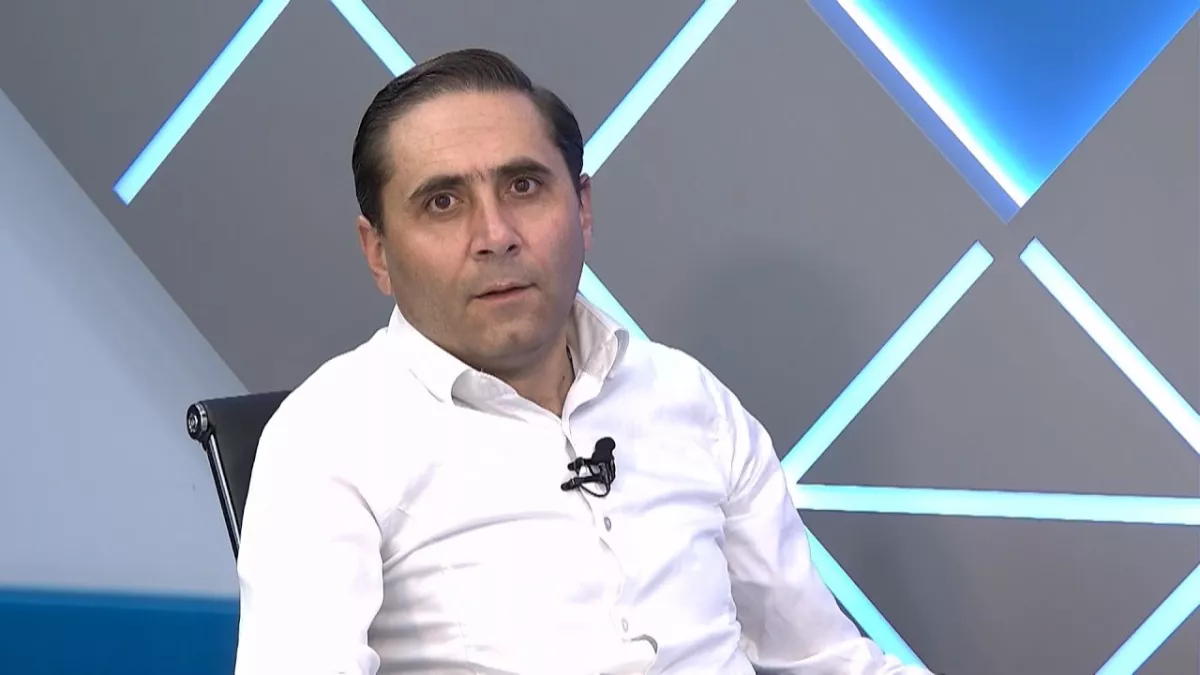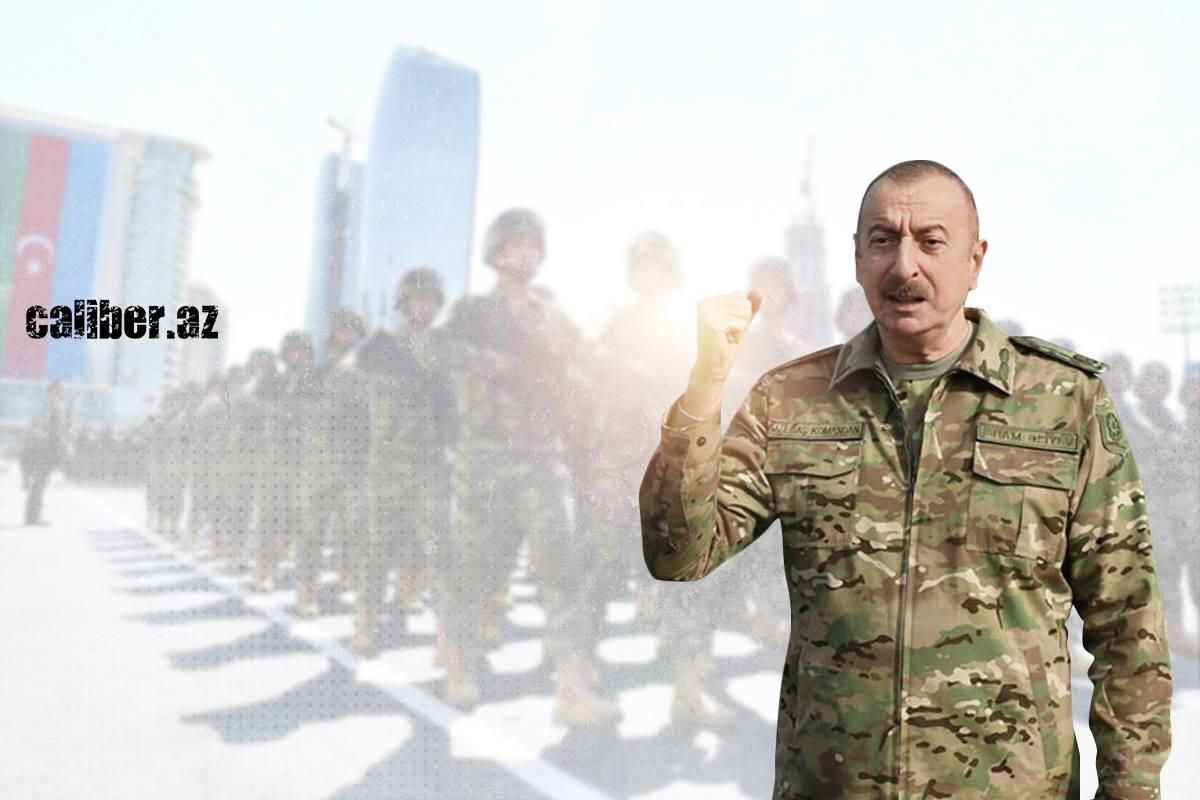Armenian myths vs. Azerbaijani reality A call for reflection
It seems unlikely that Armenian society will soon mature enough to grasp a simple truth: coveting what belongs to others—and worse, trying to claim it as your own, whether in terms of territory or cultural heritage—is unacceptable. This is especially glaring given that Armenians have already faced the dire consequences of their ideological and aggressive ambitions.
Yet, Armenian society remains resistant to change. More accurately, it seems unwilling to change, choosing instead to cling to self-serving myths and ideological constructs instilled from an early age.
This is further confirmed by recent statements made by former deputy and now political analyst Arman Abovyan. He notably pointed out the rapid decline in the approval rating of the ruling "neoliberal clique" in Armenia, whose leader, Nikol Pashinyan, once promised to position the country among those with the strongest political and security architecture and to elevate social equality to the level of the world's most developed nations. Immediately after, however, Abovyan highlighted Pashinyan's declaration of the "temporary occupation of Artsakh" and the "surrender to the enemy" (under the guise of demarcation and delimitation) of "strategic areas of Armenia," all while Armenia faces "daily threats of war from the Turkish-Azerbaijani tandem and the occupation of Armenian territories."

Undoubtedly, these remarks, which are echoed almost daily by figures like Arman Abovyan, are intended not so much for the domestic audience as for the international community. In this regard, it is relevant to recall the statement made by Azerbaijani President Ilham Aliyev in his address to the Azerbaijani people on November 10, 2020, which resonated globally. On that day, the president reiterated that he had repeatedly warned Pashinyan "he should not play with fire, he should not abuse the patience of the Azerbaijani people," urging him to "come round, get out of these lands, these lands do not belong to you." However, the Armenians ignored these calls, continuing their illegal settlement on Azerbaijani territory in blatant violation of international law, even deliberately bringing Armenians from abroad to Shusha to provoke Azerbaijan. But "we chased them out of our lands like dogs... Everyone sees our strength, everyone understands what our iron fist is like. That is why we have driven them out and are perfectly right in doing that."
The decision to cite President Ilham Aliyev's statement is based on a single reason. Given the thorough examination of materials published on websites about Armenian society, it is clear that it would be beneficial for various segments of this society to once again carefully consider what Ilham Aliyev said over four years ago. Additionally, it is important for external audiences who may rely on the so-called "analytical assessments" of Abovyan to take note of this. The Azerbaijani president's concise words clearly and specifically outline who occupied what in the South Caucasus—and the consequences that followed.
As for the next passage by Abovyan, which was highlighted earlier, it is equally crucial to educate those unwilling to learn from history. And once again, through a reference to the President of Azerbaijan, who in early 2024 stated: "We are not going back anywhere. Neither from the positions of May 2021 nor from the positions of September 2022. We are not taking a step back because that border must be defined. However, our location, which is currently disputed by Armenia, does not include any settlement." Azerbaijan did not step back and it will not. What further questions or doubts could there possibly be?
As for the "daily threats of war from the Turkish-Azerbaijani tandem and the occupation of Armenian territories," back in October 2020, President Ilham Aliyev emphasized that "in July, we could easily move into the territory of Armenia and occupy lands. No-one could have stopped us. These battles are proving that. We didn't do that. I didn't! However, our army was ready for that. I did not let them because there is a political will. We act within the law. We don’t set our sights on the lands of other countries but we will not give our land to anyone either."

On November 8, 2020, the head of state further clarified, stating, "We want peace, we don't want war, peace, but a fair peace. The terms we are putting forward are fair and are based on international law, and the peace treaty should be signed based on these terms. If Armenia shows goodwill, it will be signed, if not, it will not be signed."
It would be wise for Abovyan and others like him to calmly and rationally study all these nuances that President Ilham Aliyev is communicating to the world, in various languages and at different international forums. In our view, it is crucial for our geographical neighbours, as well as external forces pushing them toward new provocations against Azerbaijan, to hear the Azerbaijani leader. As noted by several global politicians, his words never fail to align with actions.
In conclusion, we advise the hot-headed individuals in Armenia—without naming them specifically—to pay attention to some of the details mentioned by President Ilham Aliyev just recently, on November 17, 2024, during a conversation with a delegation led by US House of Representatives member August Pfluger. President Aliyev, emphasizing the threat to "regional peace and security" posed by Yerevan's "policy of militarization and arms race," stated that for a peace agreement to be signed, it is crucial to put an end to territorial claims against Azerbaijan in Armenia's Constitution, adding that Armenia "must not have territorial claims against Azerbaijan on a constitutional basis."
Therefore, it would be wise for Abovyan and other representatives of Armenia's expert community to urge their fellow countrymen to move away from ideological clichés, recall the lessons of recent history, and demand that the country's authorities amend the constitution.








